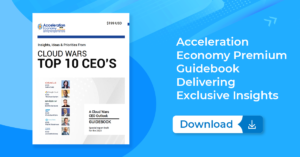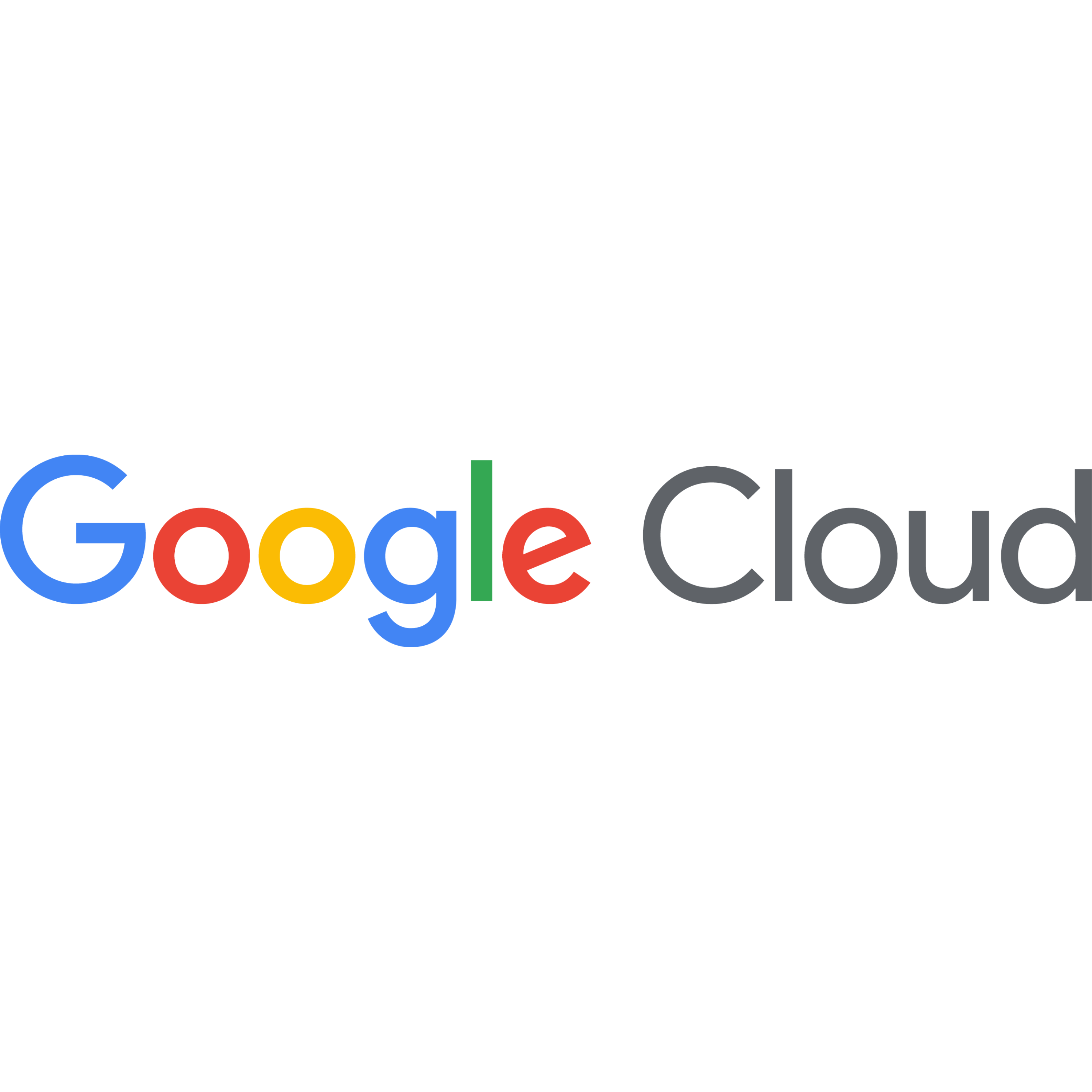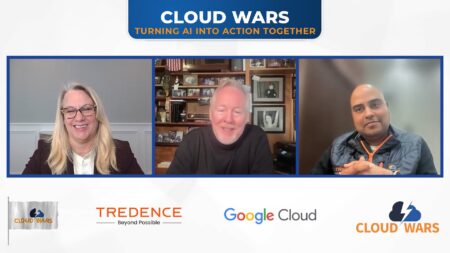
In what appears to be an inevitable descent toward years of litigation, a Google Cloud vice-president said Microsoft “definitely has a very anti-competitive posture in cloud” that inhibits European customers from having access to a full range of cloud-deployment choices, according to a Reuters report.
In a March 30 article headlined Exclusive: Google says Microsoft cloud practices are anti-competitive, Reuters interviewed Google Cloud vice-president Amit Zavery, who leveled a number of serious allegations against Microsoft, including these excerpts:
- “They [Microsoft] are leveraging a lot of their dominance in the on-premise business as well as Office 365 and Windows to tie Azure and the rest of cloud services and make it hard for customers to have a choice.”
- “When we [Google Cloud] talk to a lot of our customers, they find a lot of these [Microsoft] bundling practices, as well as the way they create pricing and licensing restrictions, make it difficult for them to choose other providers.”
- “Whatever they’re offering, there should be terms across for everybody, not just for one or two they’ve chosen and pick, and that shows you that they have so much market power they can kind of go and do those things individually.”
I’m generally not a big fan of claims of “anti-competition” charges and/or litigation, and perhaps these provocative comments from Zavery — and a number of others from the Reuters article — will be an isolated action from Google Cloud.
Perhaps the EU will see the comments, lean on Microsoft to make some additional alterations to how its cloud business operates across Europe, and that will be the end of it.
But, unfortunately, I think this is instead just the beginning of what is likely to be a protracted and largely incomprehensible sideshow whose ultimate benefits — however, it is resolved — will be nearly impossible for most people to calibrate. The various law firms involved will clearly be big winners, and the EU overlords will get to preen and preach, and maybe — just maybe — the business community will stand to benefit in some way.
But I wouldn’t bet on that.
Now, for those of you looking for Microsoft’s side in this story, the Reuters article says that Microsoft referred to a May 2022 blog post written by president Brad Smith outlining Microsoft’s responses to complaints made more than a year ago by various European cloud providers. While I’ve read Smith’s blog post in its entirety, I cannot in good conscience recommend that any of you members of my beloved audience do the same unless (a) you’re suffering from acute insomnia, (b) you like long and convoluted riddles, or (c) you own some Microsoft stock and feel compelled to undertake some due diligence, regardless of the psychic toll it may take.
Final Thought
The EU might well regard Microsoft as one of its most-beloved cash cows, since over the past decade it has levied fines against Microsoft totaling about $1.7 billion, according to a separate Reuters article. And maybe the EU would like nothing better than a fresh infusion of some additional cash from Microsoft.
To ward off such an outcome, Microsoft president Smith in his May 2022 blog post went so far as to harken back to an economics model I don’t think I’ve come across since my sophomore year in college several decades ago:
“We focus instead on developing cloud and AI technologies that can augment all the factors of production needed for economic growth. Economists have long recognized that factors of production are the “building blocks of the economy” — they are what people use to produce goods and services.”
Maybe I’m naive, but I sure hope Microsoft, Google Cloud, and the EU can find a way to focus on creating extraordinary breakthroughs for people and for businesses rather than enriching law firms and the EU while dredging up rationalization built on the “factors of production.”
Because none of that amounts to a hill of beans here in the greatest growth market the world has ever known.
To hear more data modernization, AI/hyperautomation, cybersecurity, and growth strategies from CIO practitioners, tune into Acceleration Economy’s Digital CIO Summit, which takes place April 4-6. Register for the free event here.











